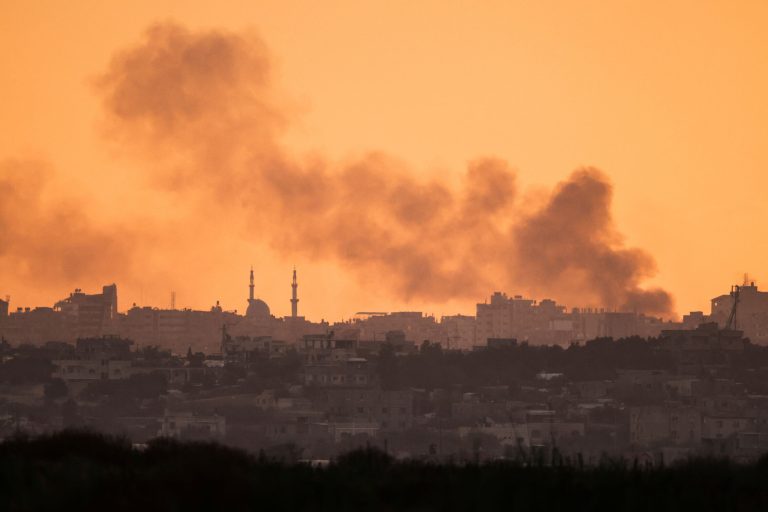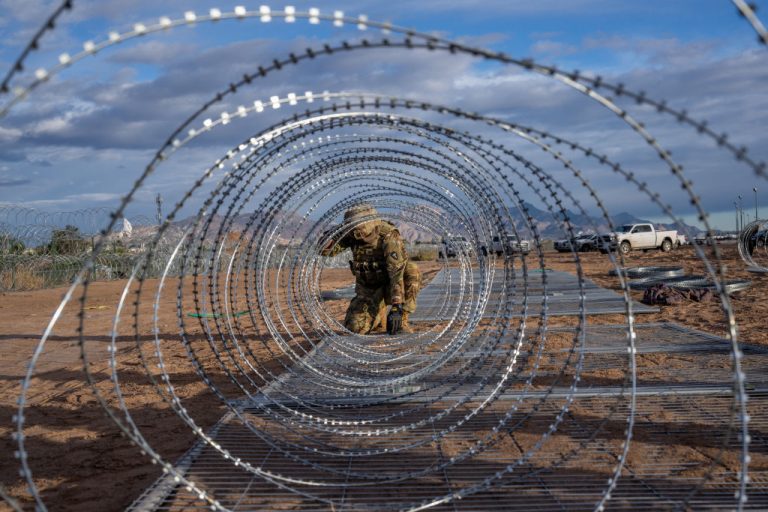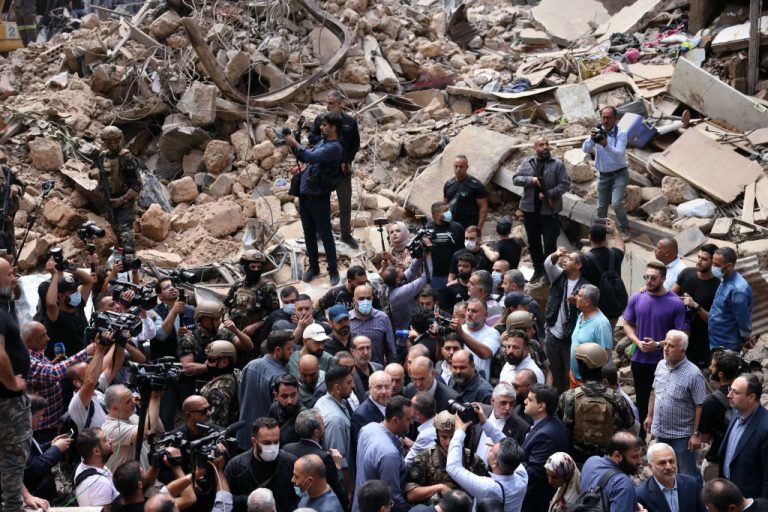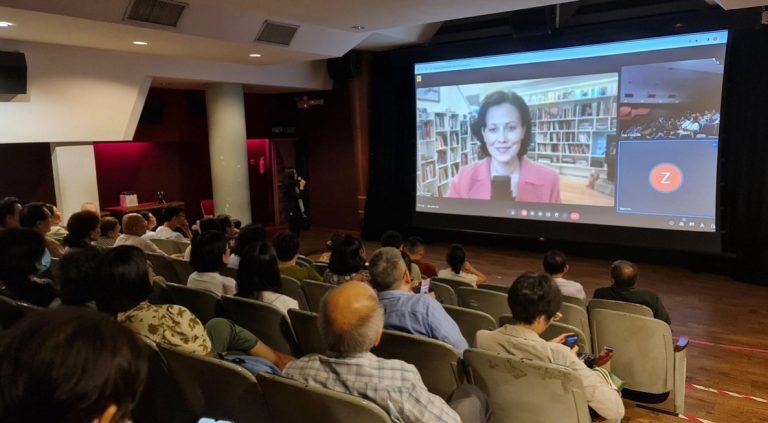The Israeli military on Wednesday, May 29 said its forces have taken control of a buffer zone along the border between the Gaza Strip and Egypt, giving Israel effective authority over the Palestinian territory’s entire land border.
Despite an order from the International Court of Justice to end attacks on the city, Israel also continued its raids on Rafah. Half of Gaza’s 2.3 million people had previously taken refuge in the southern city of the strip.
Chief military spokesperson Daniel Hagari said Israeli forces had gained “operational” control over the “Philadelphi Corridor”, a code name used for the 14 km-long (9 mile) corridor along the Gaza Strip’s only border with Egypt.
“The Philadelphi Corridor served as an oxygen line for Hamas, which it regularly used to smuggle weapons into the area of the Gaza Strip,” Hagari said. ‘
The border with Egypt along the southwestern edge, where Rafah is located, was the Gaza Strip’s only land border not directly controlled by Israel.
- Iran’s President Ebrahim Raisi and Foreign Minister Dead in Helicopter Crash
- Don’t Compare Gaza to Taiwan
Success
You are now signed up for our newsletter
Success
Check your email to complete sign up
Earlier on Wednesday, Israel sent tanks on raids into Rafah. They had moved into the heart of Rafah for the first time on Tuesday despite an order from the top United Nations court to immediately halt the assault on the city.
The World Court said Israel had not explained how it would keep evacuees from Rafah safe and provide food, water and medicine. Its ruling also called on Hamas to immediately and unconditionally release hostages taken from Israel on Oct. 7, the date of the massive terrorist attacks launched by Hamas against the Jewish state.
Rafah residents said Israeli tanks had pushed into Tel Al-Sultan in the west and Yibna and near Shaboura in the center, before retreating towards a buffer zone on the border with Egypt.
Deputy director of ambulance and emergency services in Rafah, Haitham al Hams, said “We received distress calls from residents in Tel Al-Sultan where drones targeted displaced citizens as they moved from areas where they were staying toward the safe areas.”
Palestinian health officials said 19 civilians had been killed in Israeli airstrikes and shelling across Gaza, while Israel accuses Hamas militants of hiding among civilians.
Health Minister Majed Abu Raman urged Washington to pressure Israel to open the Rafah crossing to aid. There was no indication that Israeli authorities would do this soon.
Israel’s National Security Adviser Tzachi Hanegbi said fighting in Gaza will continue throughout 2024 at least. He signaled Israel was not ready to end the war, as Hamas had demanded as part of a deal to exchange its hostages for Palestinian prisoners.
“The fighting in Rafah is not a pointless war,” Hanegbi said, reiterating that Israel aimed to end Hamas rule in Gaza and stop its attacks toward Israel.
U.S. Secretary of State Antony Blinken said Israel needed to craft a post-war plan for Gaza or risk lawlessness, chaos and a Hamas comeback in the enclave.
No ceasefire developments
There was no word on developments in the ceasefire and hostage release talks. Hamas has said talks are pointless unless Israel ends its offensive on Rafah.
The armed wing of Hamas and its allies said they confronted invading forces in Rafah with anti-tank rockets and mortar bombs and blew up explosive devices they had planted, resulting in numerous successful hits.
U.N. agency for Palestinian refugees UNRWA reported on May 28 that around a million Palestinians who had taken shelter in Rafah at the southern end of the Gaza Strip have now fled after Israeli orders to evacuate.
The Palestine Red Crescent Society (PRCS) said it had evacuated its medical teams from its field hospital in the Al-Mawasi area, a designated civilian evacuation zone, because of continued bombardments.
In the nearby city of Khan Younis, an Israeli air strike killed three people overnight, including Salama Baraka, a former senior Hamas police officer, medics and Hamas media said. Another killed four people, including two children.
Malnutrition has become widespread in Gaza as aid deliveries have slowed to a trickle.
The U.N., which has warned of famine, said on May 29 the amount of humanitarian aid entering the enclave has dropped by two-thirds since Israel began its assault on the Rafah region this month.
Reuters contributed to this report.







